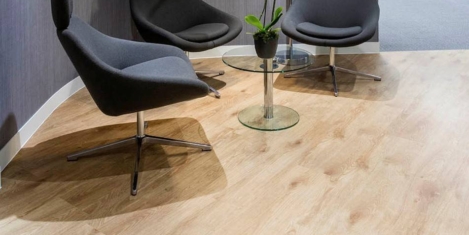March 20, 2017
Half of UK employers have now introduced wellbeing schemes 0
 Nearly two thirds (63 percent) of UK employees experience stress in their jobs, according to a new study of workplace wellbeing by Happiness Works on behalf of Robert Half UK. Of those who find their roles demanding, nearly one in 10 said their job was very stressful. To address the high-levels of stress and other issues among employees, organisations are introducing wellbeing initiatives to support the physical and mental health of employees at work. Nearly half (48 percent) of businesses offer tools designed to promote wellbeing in the workplace, with one in seven providing stress management seminars or training and annual leave for personal and mental wellbeing. Other initiatives being introduced include counselling (17 percent), leaving work early on a Friday (17 percent) and limiting the amount of overtime that employees can do (11 percent).
Nearly two thirds (63 percent) of UK employees experience stress in their jobs, according to a new study of workplace wellbeing by Happiness Works on behalf of Robert Half UK. Of those who find their roles demanding, nearly one in 10 said their job was very stressful. To address the high-levels of stress and other issues among employees, organisations are introducing wellbeing initiatives to support the physical and mental health of employees at work. Nearly half (48 percent) of businesses offer tools designed to promote wellbeing in the workplace, with one in seven providing stress management seminars or training and annual leave for personal and mental wellbeing. Other initiatives being introduced include counselling (17 percent), leaving work early on a Friday (17 percent) and limiting the amount of overtime that employees can do (11 percent).
(more…)
































